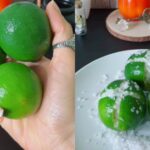Glassware has an undeniable allure with its refined elegance and lustrous shine. However, these delicate items tend to showcase dirt and grime quite easily, making them less aesthetically pleasing over time. But worry not! With these simple tricks up your sleeve, your glasses and cups at home will sparkle and shine like new again. Let’s dive in!
1. Lemon Power:
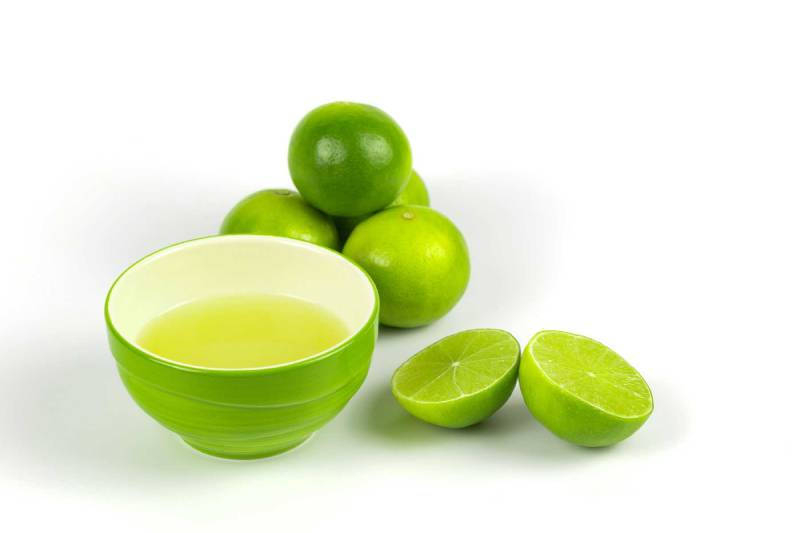
The citric acid in lemon works wonders when it comes to cleaning glassware. It effectively removes stains without leaving scratches and also eliminates odors.
How-to: Cut a lemon in half and rub it onto the glass surfaces. Let it sit for about 10 minutes, then rinse with warm water. This method will not only make your glassware spotlessly clean but will also leave a pleasant citrus fragrance.
2. Vinegar to the Rescue:
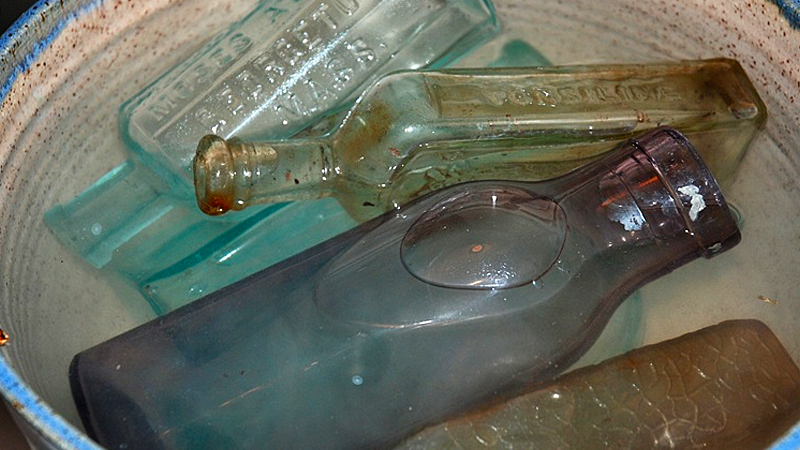
Vinegar is an excellent alternative to lemon when it comes to cleaning glass. This method is especially useful for cleaning the insides of bottles and jars that are difficult to reach.
How-to: Soak your glassware in a basin filled with vinegar for about 30 minutes to an hour, or even overnight if possible. Afterward, give them a good rinse with clean water to remove any residual dirt and the vinegar smell.
3. Toothpaste Trick:
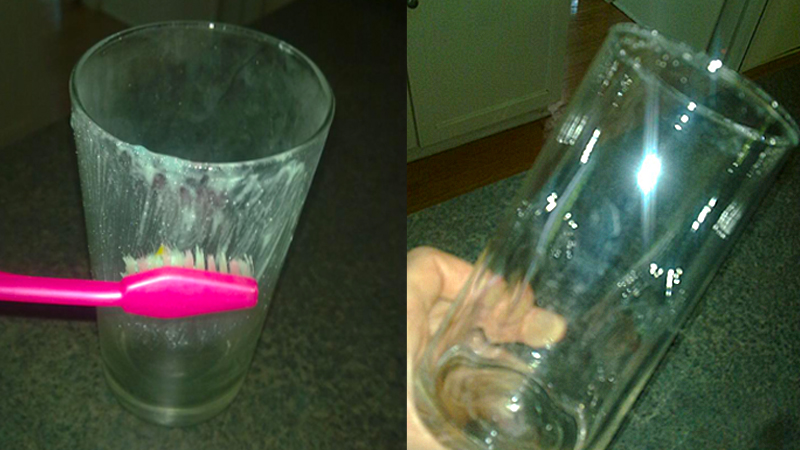
If you don’t have lemons or vinegar on hand, toothpaste can come to the rescue!
How-to: Simply apply some toothpaste to a brush and scrub away at the stains. Finally, rinse with cold water, and you’ll be amazed at the difference.
4. Eggcellent Cleaning:
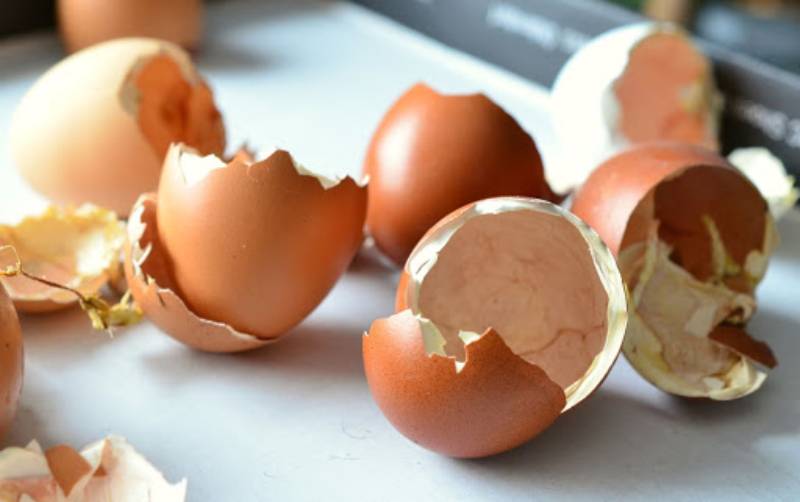
Over time, bottles and jars can become quite grimy. To restore their original sparkle, try this egg-cellent method!
How-to: Crush about 6 eggshells and place them in the item you wish to clean. Then, add the juice of two lemons (or 1/2 cup of vinegar), and let it soak overnight. In the morning, rinse it well, and you’ll be delighted with the results!
5. Salty Solution:
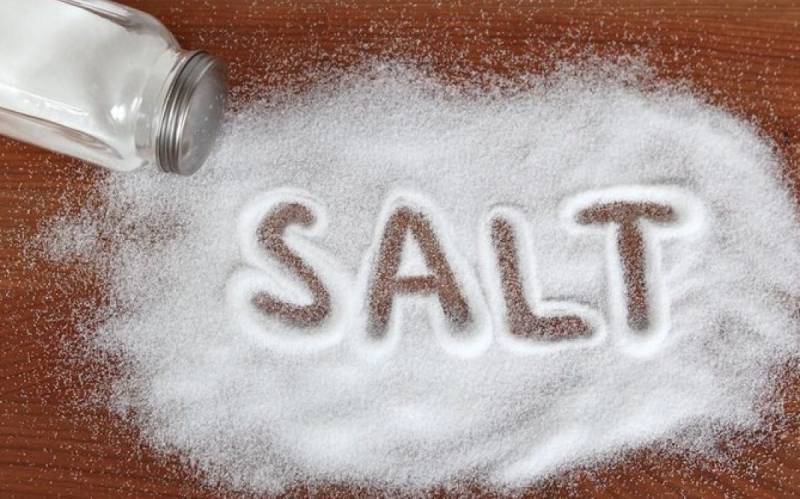
Salt is a surprisingly effective and environmentally friendly cleaning agent.
How-to: Pour some salt into the glassware and use your fingers to scrub it clean. Rinse with water, and you’re done!
These tips and tricks will hopefully make your kitchen chores a breeze, ensuring your glassware always looks its sparkling best.
Check out our range of dishwashing liquids to keep your glassware gleaming:
[A list of products with images, prices, and buttons to purchase]
The Magic of Lemons and Salt by Your Bedside
Introducing the Power of Lemons and Salt: Unveiling the Ancient Practice of Bedside Wellness.
Does placing lemons and salt by your bedside hold hidden powers? It’s time to uncover the ancient wisdom and explore the intriguing benefits of this simple yet potent practice. Prepare to embark on a journey of natural healing and discover the transformative effects of these everyday ingredients.
“Attract Wealth and Prosperity: The Power of Lemons and Salt by Your Bedside”
Introducing a time-honored tradition with a twist – the powerful combination of lemon and salt. Placing sliced lemons and a sprinkle of salt at the bedside is believed to ward off negative energy and invite fortune and prosperity. This simple yet effective ritual has gained traction, with many swearing by its ability to cleanse and invigorate their space.


























